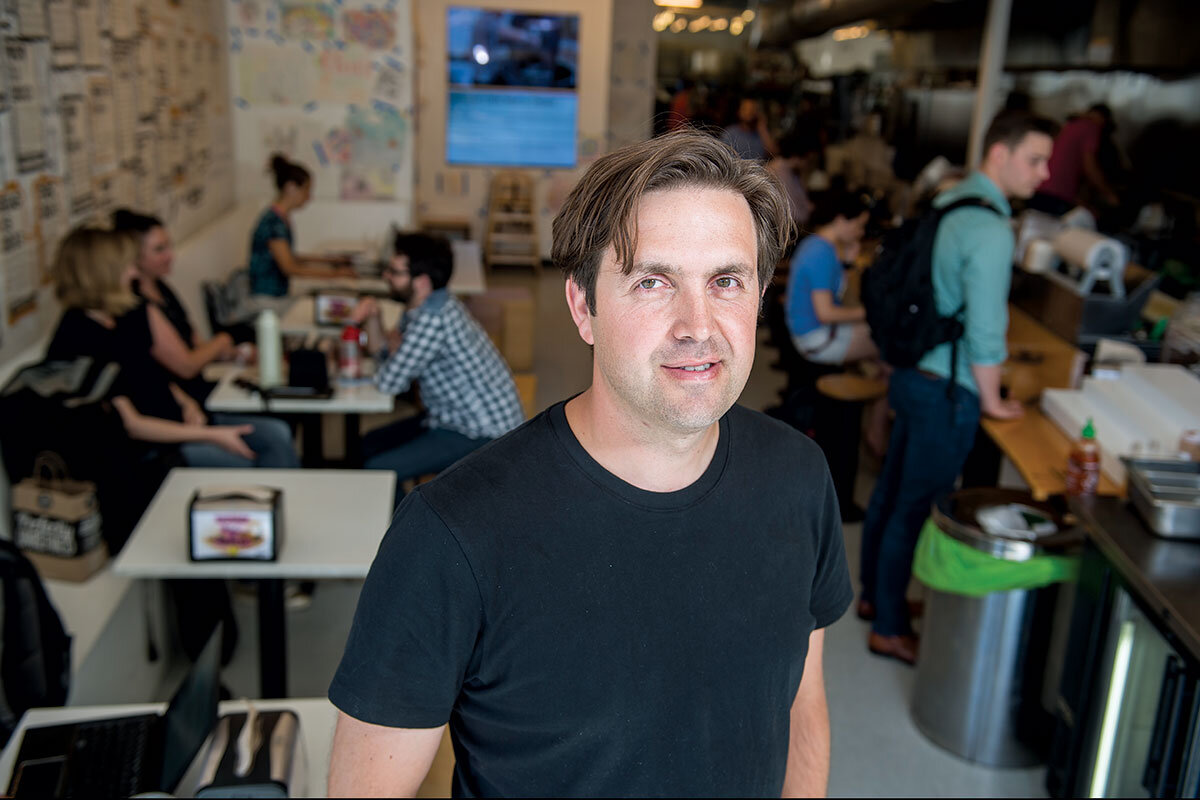Defunding UNRWA is just one measure the Trump administration is using to shake up the Middle East status quo. But in Jordan, home to more than 2 million Palestinians, officials fear a 'catastrophe.'
Monitor Daily Podcast
- Follow us:
- Apple Podcasts
- Spotify
- RSS Feed
- Download
 Yvonne Zipp
Yvonne Zipp
This week has brought several examples of people reaching across barriers and reexamining long-held ways of doing things in an effort to reach more people.
• In Ethiopia and Eritrea, a literal barrier came down. Leaders of both countries re-opened border crossings after 20 years of civil war – sparking comparisons with the fall of the Berlin Wall. Videos show people dancing and weeping, as families separated by the war at long last got to hug their loved ones.
• St. John’s College, founded in 1696, is announcing a $17,000 price cut for 2019 – from $52,000 a year to $35,000. “We’ve resisted almost every trend in higher education that we consider naughty,” Mark Roosevelt, president of the Santa Fe campus, told The New York Times. Thus, it is jettisoning “prestige pricing.” The college, which offers a classics-based curriculum, wants to be a model of financial accessibility as well as intellectual rigor.
• And in South Carolina, Irmo Mayor Hardy King made headlines this summer for his anti-Muslim posts. This week, he made them again – for holding a town hall forum on Demystifying Islam. What changed? Mr. King says a Muslim resident introduced himself. “That probably did more to humble me, to make me think, ‘Huh, I could use a whole lot more of these people as friends,’” King told the Charleston Post and Courier. “He wasn’t yelling and screaming and hollering and calling me a bigot. He was just a young man with a concern.... It made me think, ‘Maybe I need to rethink this attitude.’ ”
Now for our five stories of the day, looking at people reexamining everything from medieval studies to vegetarian dining.










